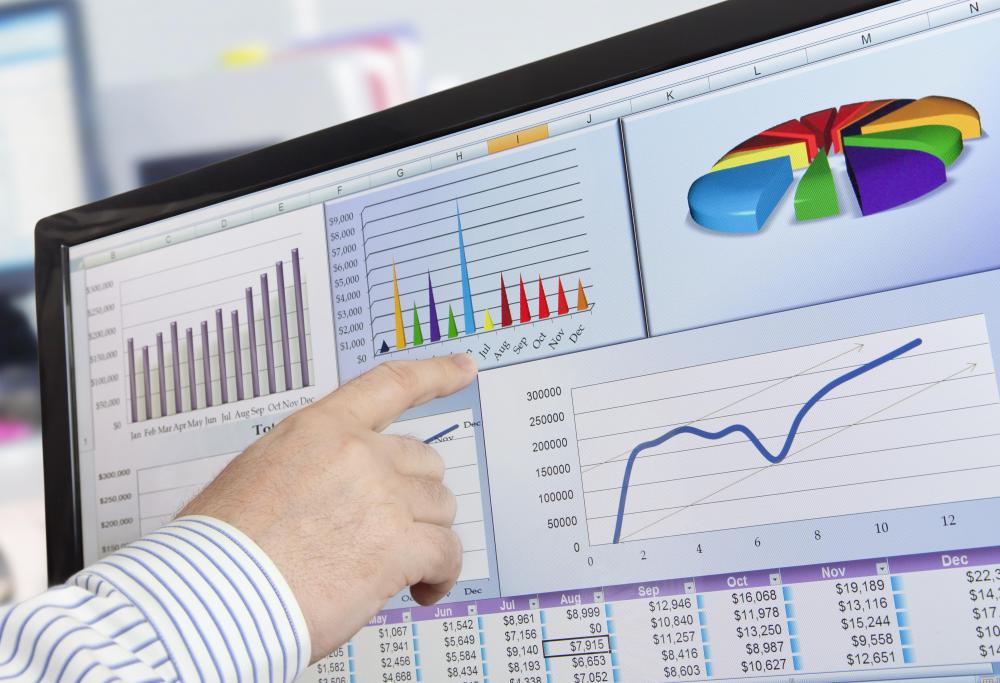At SmartCapitalMind, we're committed to delivering accurate, trustworthy information. Our expert-authored content is rigorously fact-checked and sourced from credible authorities. Discover how we uphold the highest standards in providing you with reliable knowledge.
What is a Futures Broker?
A futures broker is someone who uses risk capital to invest in the futures market. The futures market is like the stock market, only they are trading in predictions of future increases or decreases in commodity prices. Commodities are a standard set of goods, including oil, wheat, pork, steel and salt.
The role of a futures broker is to study the commodity market and develop a good understanding of the factors that influence demand and supply for a particular commodity. Then the futures broker puts a specific amount of money down on a position that states a commodity will have a certain value within a predetermined time frame. If the prediction is true, they sell the position for a profit and if it is not true, they lose the money spent.

Futures trading is more risky than stock market trading, as the value of a commodity in the short term is affected by a wide array of circumstances. Stock market trading is based on the financial position of a large corporation, and is inherently risky. A futures broker is a specialized field that requires specific skills to execute with skill.
A successful futures broker can make a significant amount of money in futures trading, by investing both for themselves and for clients. Most brokers work within a futures brokerage firm. This environment provides the resources and support system necessary to allow the futures broker to devote most of his time to the futures market.

There are several reasons why someone would like to become a futures broker. It is important to understand the motivation before you begin, as there are certain risks that are associated with those motivations. The type of personality that is drawn to become a futures broker is a risk taker -- someone who is intelligent, detail-oriented and seeking to separate themselves from the crowd.

If the main motivation to become a futures broker is financial, then invest a year as a paper trader. In this role, you mimic the trades you would have done and get to study the results with no financial risk. By investing the time in this process, you can analyze the trades, results and decision-making process used to highlight strengths and weaknesses.
Set a system in place to manage your known weaknesses and you will increase your profits. Futures brokers who like to speculate should create stop orders, so that the commodity automatically sells when the price reaches a certain point. This emergency process will fight the tendency to stay just a little longer in hopes of an improvement.
A successful futures broker has learned to manage their internal motivations and has a set of rules that they follow. Following the trend, using money management principles and implementing a system are all techniques that minimize risk and increase profitability. Simple procedures, like always calculating the risk before you put a trade in and declaring the point when you will leave the trade reduce the impact of emotions in the process and results in more consistent results.
AS FEATURED ON:
AS FEATURED ON:













Discussion Comments
This article describes a futures trader. Anyone with the risk capital to afford to do it could open a futures trading account. An individual who wishes to trade for his own account at one of the CME exchanges must apply to the National Futures Association to register as a Floor Trader and apply to the exchange for membership.
A futures broker solicits capital from clients to open accounts that will be traded in managed products or by professional traders. A broker must be registered with the NFA with a Series 3 license. The Series 3 is not specifically a license to be a trader.
I hold a Series 3 broker's license.
Post your comments